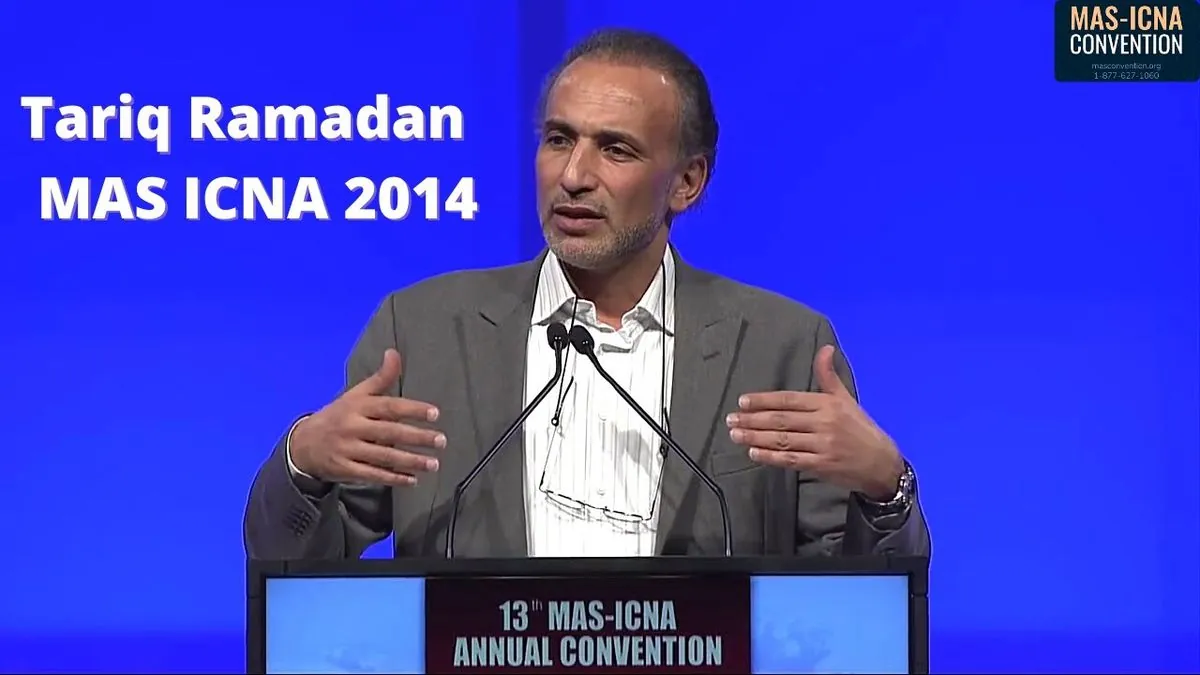In a significant legal development, a Swiss appeals court has reversed the acquittal of Tariq Ramadan, a prominent Islamic scholar, on charges of rape and sexual coercion. The decision, announced by Geneva's cantonal government on September 10, 2024, marks a turning point in a case that has drawn international attention.
Tariq Ramadan, born in Geneva in 1962, is a Swiss Muslim academic, philosopher, and writer known for his work on Islamic studies and interfaith dialogue. As the grandson of Hassan al-Banna, who founded the Muslim Brotherhood in Egypt in 1928, Ramadan has long been a figure of both influence and controversy in the Islamic world and beyond.
The charges against Ramadan stem from an alleged incident in 2008 involving an unnamed Swiss woman at a Geneva hotel. The Geneva criminal court of appeal, in its ruling dated August 28, 2024, sentenced Ramadan to three years in prison, with one year to be served. This decision overturns his previous acquittal from May 2023.
According to the Geneva canton's government statement, the court's decision was based on a convergence of evidence:
"several testimonies, certificates, medical notes and opinions of private experts aligned with the complainant's testimony"
This ruling comes amidst a broader context of allegations against Ramadan. Since 2017, he has faced multiple accusations of sexual misconduct in different countries, leading to his suspension from teaching positions at prestigious institutions such as Oxford University and the University of Geneva.
Ramadan's career has been marked by both acclaim and controversy. As a professor of Contemporary Islamic Studies at Oxford University, he has authored numerous books on Islam and its role in the modern world. He has advocated for a "European Islam" compatible with Western values, a stance that has drawn criticism from both conservative Muslims and secularists.
The scholar's influence extends beyond academia. Ramadan has been a regular commentator on Islamic affairs in Western media, often presenting himself as a bridge between Islamic and Western cultures. However, his connections to the Muslim Brotherhood, an organization designated as terrorist by several countries, have led to scrutiny. In 2004, Ramadan was denied entry to the United States due to alleged ties to terrorism, a ban that was lifted in 2010 by then-Secretary of State Hillary Clinton.
As the legal process continues, Ramadan retains the right to appeal this latest ruling to a higher Swiss federal court. The case continues to highlight the complex intersections of religion, politics, and personal conduct in the public sphere.
